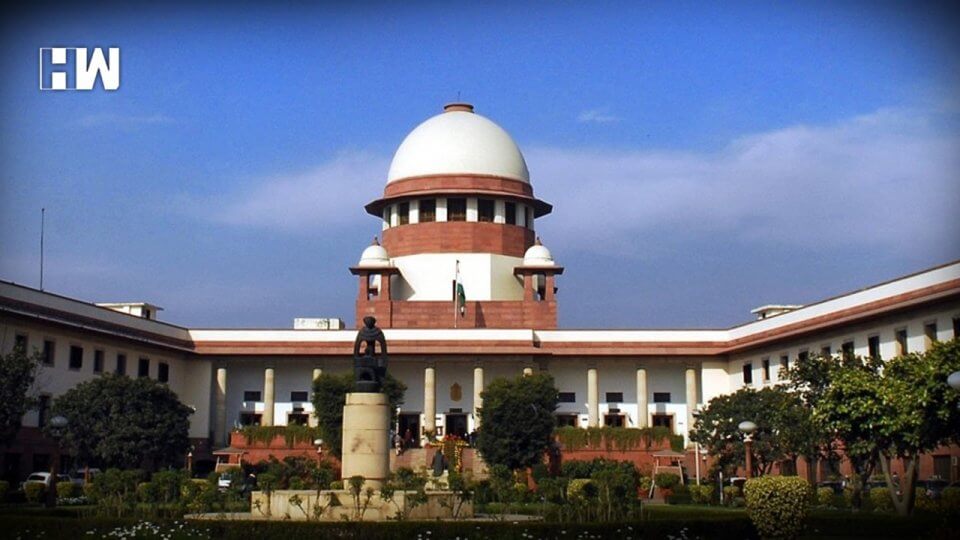Sabarimala review petitions to a larger bench by 3:2 majority
NEW DELHI| On Thursday Supreme Court referred the Sabarimala review petitions to a larger bench by 3:2 majority. Chief Justice of India Ranjan Gogoi, Justice Khanwilkar and Indu Malhotra convey majority stating the interference of court in religious belief is a part of the big discussion and need more heads to conclude. The supreme court’s last verdict on the entry for women of all age is still continued in Pathanamthitta district in Kerala.
Justices Chandrachud and Nariman have a different opinion. While addressing the Sabarimala issue CJI Ranjan Gogoi mentioned issues such as the legality of Female Genital Mutilation in Dawoodi Bohra community, Muslim women mosque entry, right of Parsi women who married outside the community to access tower of silence etc, have been a matter heavy discussion and needs to be head to a larger bench. Sabarimala is also once tagged along with all those issues stands for women right.
It’s even Important for the court to discuss that these kinds of an integral religious decision could be taken by the constitutional court.
Expressing the odds Justice Nariman said, the issues of Parsi women and Muslims were not included in the Sabarimala case and hence we cannot tag these issues with Sabarimala. The original judgment was based on a bona fide PIL which raised the issue of women being denied entry on the basis of their physiological features, Justice Nariman said.
Bonafide criticism of Supreme Court judgment is permissible, but organized efforts to subvert the judgment cannot be allowed. When a judgment is declared it is final and binds all. The constitutional bench has reserved hearing on the review petition after listening to the debate after giving a full-day hearing to the petitioners on February 6.
Also Read: “Will go to Jammu and Kashmir if needed”: CJI Ranjan Gogoi
The Constitution Bench of CJI Gogoi and Justices Khanwilkar, Nariman, Chandrachud and Indu Malhotra heard the arguments in a bunch of petition filed by the Travancore Devaswom Board, Pandalam Royal Family, and groups of devotees against the September 28, 2018 judgment, which declared the right of women of all age groups to enter the temple. They essentially argued that the practice at the temple was based on the celibate character of the deity.
The petitioners also submitted that constitutional morality was a subjective test, which should not be applied in matters of faith. Religious beliefs cannot be tested on the basis of rationality. The right to worship has to be exercised in consonance with the nature of deity and the essential practice of the temple. They also submitted that the judgment erroneously imported the concept of “untouchability” under Article 17 to the situation of Sabarimala temple, without understanding its historical context.
As an independent media platform, we do not take advertisements from governments and corporate houses. It is you, our readers, who have supported us on our journey to do honest and unbiased journalism. Please contribute, so that we can continue to do the same in future.

